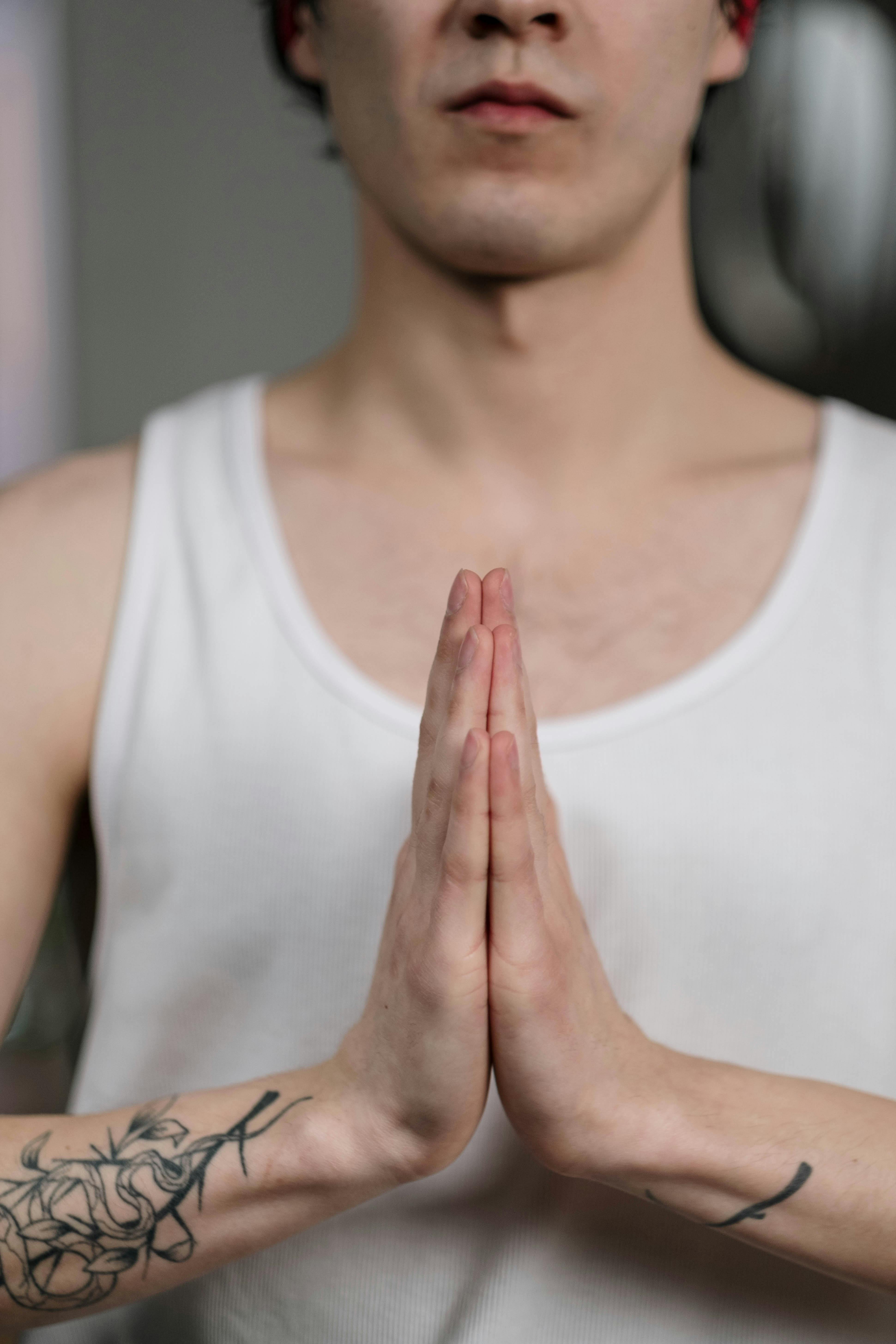
How to Stop Sneezing: Proven Tips for Relief in 2025
Sneezing can be an annoying and sometimes embarrassing problem, especially when it strikes unexpectedly. Understanding how to stop sneezing effectively is essential for many individuals, particularly those with allergies or respiratory conditions. In this comprehensive guide, we will explore various **tips to stop sneezing**, remedies, and lifestyle adjustments to eliminate sneezing at home and regain control over your sneezes.

Understanding Sneezing: Causes and Triggers
To effectively **stop sneezing**, it's crucial to first understand its common causes and triggers. Sneezing can occur due to various factors including environmental irritants, allergens, and even viral infections. People often experience sneezing episodes when exposed to dust, pollen, pet dander, or certain smells. These substances can provoke a reaction known as **sneezing reflex**, prompting the sneeze response as your body tries to clear out irritants from the nasal passages. Additionally, changes in weather and exposure to strong odors can further exacerbate sneezing.
Common Environmental Triggers
Some of the most prevalent environmental triggers include pollen, dust mites, and mold spores. **Allergic rhinitis** is a common condition where seasonal allergies lead to chronic sneezing. Individuals affected by this condition often find relief during winter months, away from the pollen associated with spring and summer. Keeping your home clean and free of dust can help reduce exposure to these allergens, and strategies such as **using humidifiers** can promote better air quality, thereby minimizing sneezing at home.
Inflammatory and Infectious Causes
Aside from allergens, sneezing can also stem from viral infections like the common cold or flu. In fact, **sneezing can be a primary symptom** alongside other signs including nasal congestion and throat irritation. Knowing the distinction between viral infections and allergies can be complicated but is essential for effective treatment. Consult with a healthcare provider to differentiate between these conditions and seek appropriate interventions whenever necessary.
Effective Home Remedies for Sneezing Relief
Fortunately, several **home remedies for sneezing** can provide quick relief and diminish the frequency of sneezes. Implementing preventative practices in your everyday life can help address the underlying causes. Here, we explore some practical approaches you can take, from adapting your home environment to introducing specific dietary changes.
Nasal Irrigation Techniques
One of the most appreciated **sneezing treatments** is nasal irrigation. This practice involves using saline solutions to flush out irritants and allergens from the nasal passages. Using a neti pot or saline nasal spray can significantly promote congestion relief and ultimately lead to a reduction in sneezing episodes. Regular nasal irrigation could also support overall nasal passage maintenance and contribute to better respiratory health.
Breathing Exercises to Stop Sneezing
Simple **breathing exercises to stop sneezing** can also be beneficial. Breathing through your nose while performing slow and deliberate exhales through your mouth may help counteract the urge to sneeze. Engaging in mindfulness or relaxation techniques can reduce stress triggers that might contribute to sneezing as well. Try incorporating these exercises into your daily routine, especially during allergy seasons, to help manage your symptoms effectively.
Medications and Treatments for Sneezing
For those struggling with persistent sneezing, medicinal treatments can offer much-needed relief. There are various over-the-counter medications such as antihistamines that block the body’s reaction to allergens, helping to manage symptoms effectively. In consultation with your healthcare professional, you can explore both **oral antihistamines** and **effective nasal sprays** that may be suitable for your condition.
Optimal Allergy Medications
Identifying the right allergy medications for your needs is essential. Some may respond better to **natural antihistamines** derived from herbs, while others might need a prescription medication. Understanding the unique responses of your body can make a big difference in selecting between anti-sneezing medications. You may want to consider **optimizing your allergy medications** during peak allergy seasons to stay sneeze-free.
When to See a Doctor
If symptoms persist or worsen, it is advisable to seek medical advice. Knowing **when to see a doctor for sneezing** is crucial, particularly if you notice additional symptoms such as difficulty breathing or prolonged congestion. A medical professional can provide comprehensive allergy testing and help formulate a more tailored treatment plan that may involve immunotherapy or advanced medications.
Preventive Lifestyle Adjustments
Making certain **lifestyle changes for sneezing relief** can greatly contribute to a more sneeze-free life. Preventing sneezing involves proactive care and decisive improvements in both your personal habits and home environment. Here are some effective strategies to help control sneezing.
Environmental Changes to Reduce Sneezing
Managing your home environment can help **reduce sneezing** effectively. For instance, implementing clean air solutions such as air purifiers can filter out allergens and enhance air quality. Additionally, keeping windows closed during high pollen seasons and regularly washing bedding can minimize exposure to dust and dander. It’s essential to make these adjustments continuously to maintain a sneeze-less zone at home.
Dietary Changes to Prevent Sneezing
Your diet can influence your body's response to allergens. Certain foods may exacerbate sneezing or trigger inflammation. Managing your nutrition by staying **hydrated to stop sneezing**, consuming anti-inflammatory foods, and considering **herbal remedies for sneezing** can all be part of your preventative arsenal. Incorporate an array of vegetables, fruits, and whole foods to help support overall immune health and potentially lessen the severity of allergic reactions.
Key Takeaways
- Identify and understand **sneezing triggers** in your environment to develop better strategies for prevention.
- Incorporate **home remedies for sneezing** such as nasal irrigation and breathing exercises to mitigate symptoms.
- Consult healthcare professionals for persistent sneezing, and explore the most suitable **allergy medications** based on your needs.
- Make **lifestyle adjustments** that include environmental modifications and dietary improvements for better sneezing management.
FAQ
1. What are some effective herbal remedies for sneezing?
Some effective **herbal remedies for sneezing** include consuming teas made from ginger, peppermint, or chamomile, which can provide natural relief for nasal irritation. Additionally, supplements such as Quercetin may help stabilize mast cells and reduce histamine release, alleviating sneezing symptoms. Always consult a healthcare provider before starting any herbal treatments to ensure safety and effectiveness.
2. How can environmental changes help reduce sneezing?
Implementing **environmental changes to reduce sneezing** includes measures like using air purifiers, keeping windows closed during pollen seasons, and regularly cleaning your home. These adjustments help decrease exposure to allergens and irritants that commonly trigger sneezing, significantly minimizing the likelihood of episodes in sensitive individuals.
3. At what point should I consult a doctor about my sneezing?
Consult a doctor regarding your sneezing if symptoms persist for an extended period, worsen over time, or if you experience additional severe symptoms like difficulty breathing or chest pain. Chronic sneezing could signify an underlying condition requiring a tailored medication or intervention approach.
4. Can dietary changes help prevent sneezing?
Yes, making **dietary changes to prevent sneezing** can be beneficial. Staying hydrated and incorporating anti-inflammatory foods, such as fruits and vegetables rich in antioxidants, can help support immune function, thereby reducing the severity of allergic reactions and sneezing occurrences. A balanced diet plays an integral role in health management.
5. What are the best breathing techniques to stop sneezing?
Some **breathing techniques to stop sneezing** involve slow, controlled inhalations through the nose and gentle exhalations through the mouth. Utilizing techniques such as deep breathing or diaphragmatic breathing can help relax the body and minimize the response to sneeze triggers, ultimately allowing for better control over the sneezing reflex.
